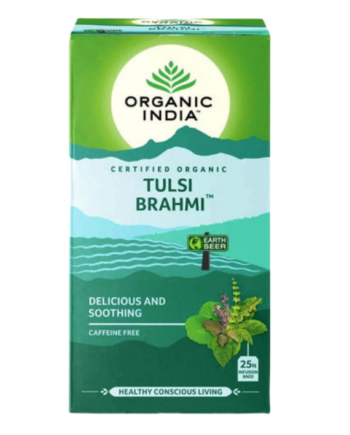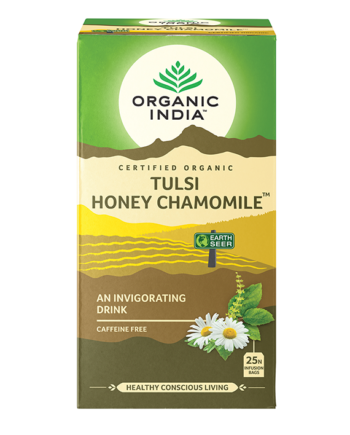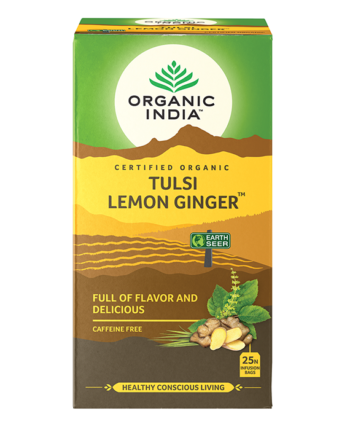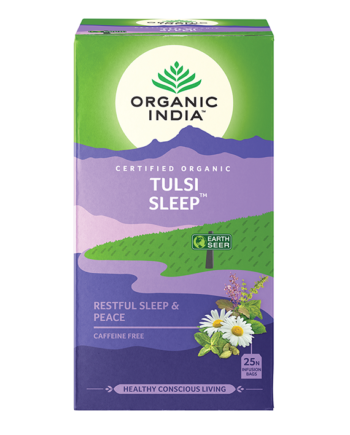Is lack of sleep bad for your health?
Counting sheep isn’t always the fool-proof method society claims it is. Almost 40 percent of adults experience insomnia annually, posing danger to our health and lowering our productivity levels. Luckily there are natural sleep aids that can combat these nightly issues. What may these be, you ask?
CONSISTENT BEDTIME ROUTINES
Having a bedtime routine helps to focus your mind on relaxing at a certain time, slowly increasing your ability to sleep well. This routine does not have to be anything complicated – just consistent! Ideas you could put into practice include taking a shower, either hot or cold depending on your preference. Some people like to exercise before going to bed whether it be yoga, taking a walk or a sneaky ab workout. Others enjoy less strenuous activities to sooth them to sleep such as reading a book or enjoying some relaxing music.
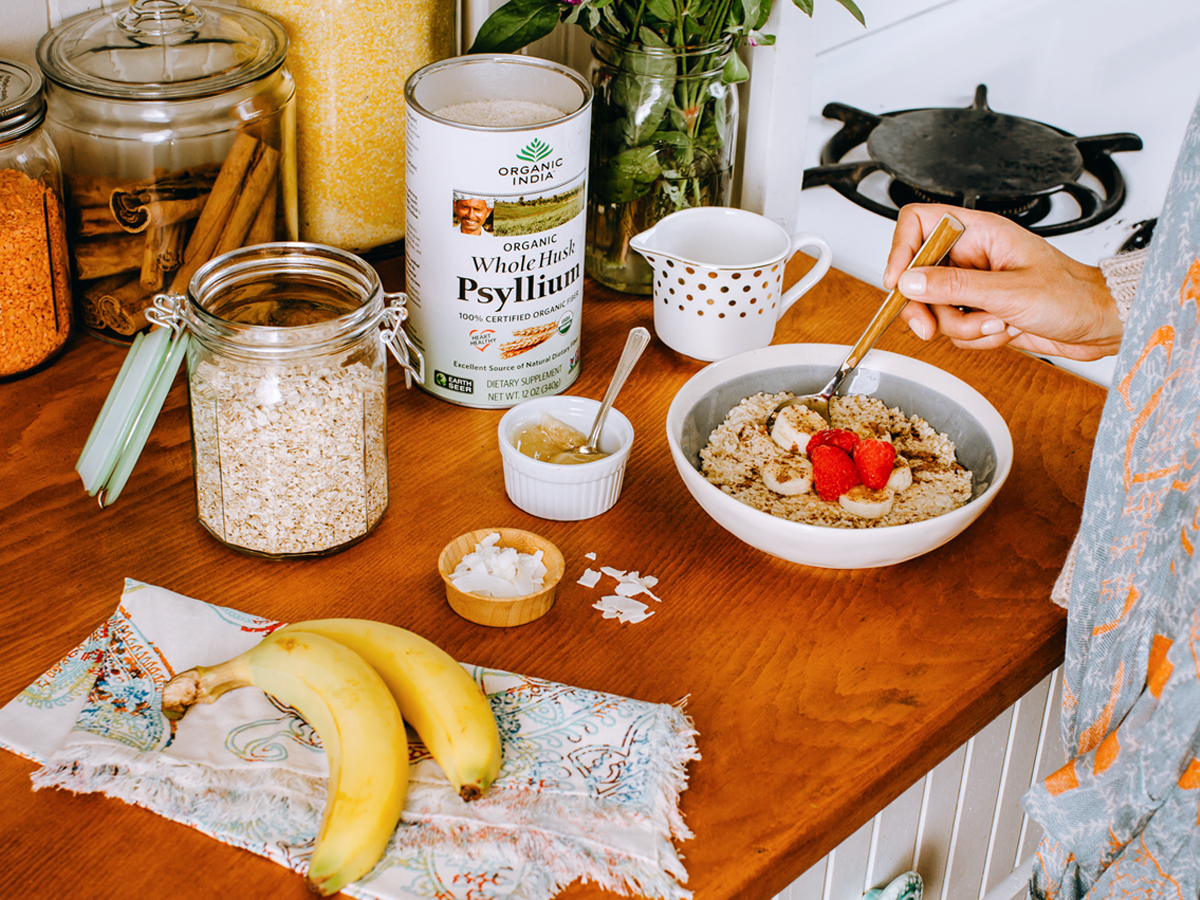
MINIMISE YOUR FOOD INTAKE
Eating small amounts of food before going to bed can encourage your body to sleep better, as large meals can overburden your digestive system. Ever heard of the saying ‘Eat breakfast like a king, lunch like a prince, and dinner like a pauper’? Larger meals are suitable before engaging in activities that use up energy, whereas when we go to sleep our bodies don’t consume a high volume of energy. Therefore, heavy meals around bedtime overwork your body making it difficult for your body to relax and even harder for you to fall asleep.
The consequences of sleep deprivation are being increasingly recognised. These problems range from car crashes and workplace errors to immune dysfunction. Insufficient or poor quality sleep has been linked to heart problems and to obesity.”
— Dr. Wallace E. Johnson, director of the Center for Primary Care at the University of Rochester Medical Center.

WORRY LESS AND TAKE ACTION
While it may sound easier said than done, you shouldn’t think about your inability to fall asleep. Many people that experience insomnia tend to obsess over their situation, making it harder for them to get the required amount of sleep. Try shifting your mind to other things that you may need to be completed within your daily life and create an action plan for them, this way it helps your mind to understand there is a way forward. This ease of mind will promote your ability to sleep better throughout the night.
AVOID CAFFEINE AND NICOTINE
Spending your nights wide-eyed and awake? Caffeine could be your problem – it can be found in coffee, cola or even alcoholic drinks. By minimising your caffeine intake you can maximise your sleep time. If you do crave that just-before-bed beverage, try a Tulsi Honey Chamomile or Tulsi Sweet Rose herbal teas to give you a similar alertness to coffee but without caffeine.
As for nicotine, it is both a stimulant known for causing insomnia as well as a cause of breathing disorders. Both of which reduce your ability to sleep well at night. Better to steer clear of nicotine all together if you ask me!


